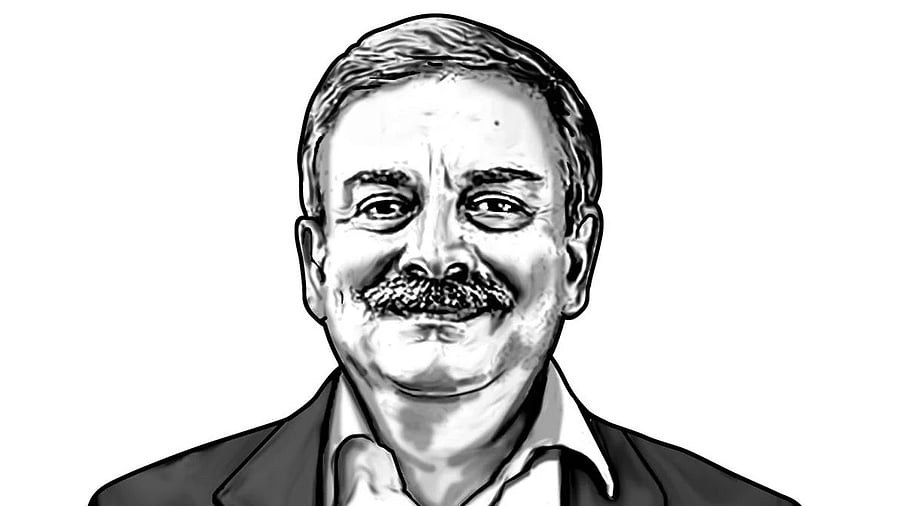
We live surrounded by reminders, yet we remember less. Our calendars alert us to birthdays, our phones store our photographs, and our devices autocomplete our thoughts. In this age of infinite storage, forgetting should have become impossible. And yet, something curious has happened: the more we record, the less we recall; the more we preserve, the less we understand. Human memory – once the most intimate of capacities – has been outsourced to machines. What we used to carry in our minds, we now carry in our pockets. Our personal histories are archived in clouds we never see, and our collective past is compressed into searchable databases. It is as if memory itself has been liberated from the burden of being human. But in the process, it may also have lost its soul.
We are facing the crisis of digital remembrance. Every generation has worried about the erosion of memory, but ours is the first to make forgetting a feature, not a flaw. We live in what the philosopher Paul Virilio once called ‘the tyranny of real time’ – a world where history has no time to happen. This digital amnesia has consequences beyond nostalgia. Memory gives continuity to identity. When we forget collectively, we lose our sense of who we are as a society. The erosion of public memory makes democracies vulnerable to manipulation because a people who do not remember are easy to persuade. Revisionism flourishes when recollection fades.
For most of human history, memory was an art. Ancient cultures cultivated elaborate techniques of recall – the Indian oral traditions, the Greek ars memoriae, the monastic practices of meditation. Remembering was not just about storage; it was about synthesis. To remember was to interpret, to connect, to assign meaning. Today, remembering is a mechanical act of recording. We take photos of sunsets instead of watching them, record lectures instead of listening, and bookmark articles instead of reading. In our quest to capture, we have forgotten how to experience. The device remembers so that we don’t have to. But digital memory is not memory – it is mere data persistence. True memory is selective, shaped by emotion and meaning. We remember what matters, not just what happens. A photograph can store an image of a moment, but not its feeling. The algorithms that archive our lives do not distinguish between the trivial and the profound. They flatten experience into equivalence – every moment equally retrievable, and therefore equally disposable.
Forgetting is not always accidental. It can also be organised. Nations, like individuals, curate their memories – what they choose to commemorate and quietly erase. The politics of forgetting decides whose stories are told, whose statues stand, whose anniversaries are observed. In India, as elsewhere, the struggle over memory is also a struggle over meaning. Every renaming, every rewriting of textbooks, every debate about who built what and who destroyed what is a contest for the right to define the past. When we forget how to remember critically, history becomes propaganda. The irony is that a society obsessed with heritage often forgets its own lessons. We preserve monuments but neglect memories; we celebrate ancestors but ignore their anxieties. To remember responsibly is to confront complexity, not to sanitise it. It is to accept that our past, like our present, is made of contradictions. There is also the personal cost of forgetting. A quieter, more intimate kind of forgetting at work – the erosion of personal memory. The less we use memory, the less we train our attention. And without attention, even the richest experiences fail to leave a trace. Memory, after all, is not a storage problem but a meaning problem. To remember deeply is to reflect, to weave an experience into the story of one’s life.
What, then, does it mean to reclaim memory in the age of forgetting? It does not mean renouncing technology or retreating into nostalgia. It means restoring slowness and intention to the act of remembering. To begin with, we can practice mindful recall – deliberate reflection without devices. Keeping a journal, writing letters, even recounting stories orally – these are ways of re-inscribing experience into consciousness. They transform memory from data into meaning. In education, too, we must teach memory not as rote learning but as narrative understanding. Students should learn not just to memorise facts but to trace their significance across time. Societies, like individuals, mature only when they can remember without fear and forget without denial.
We must learn, once again, that memory is not a file to be accessed but a flame to be tended. To remember is to care. And to care, in an age of distraction, is the rarest act of all.
The writer is the former civil servant enjoys traversing the myriad spaces of ideas, thinkers, and books.
Disclaimer: The views expressed above are the author's own. They do not necessarily reflect the views of DH.